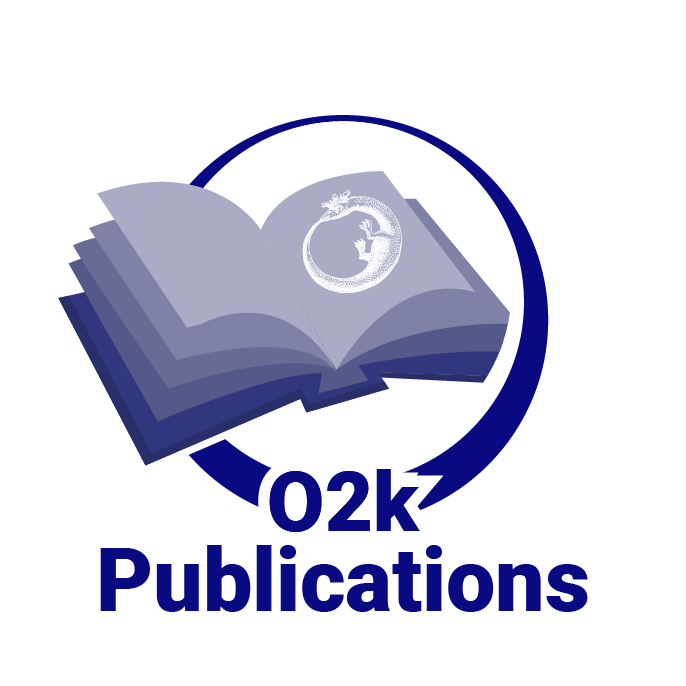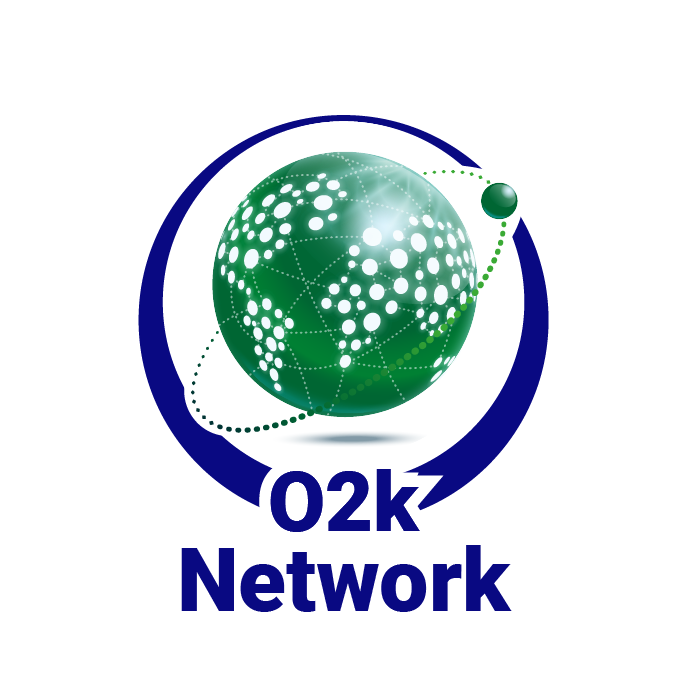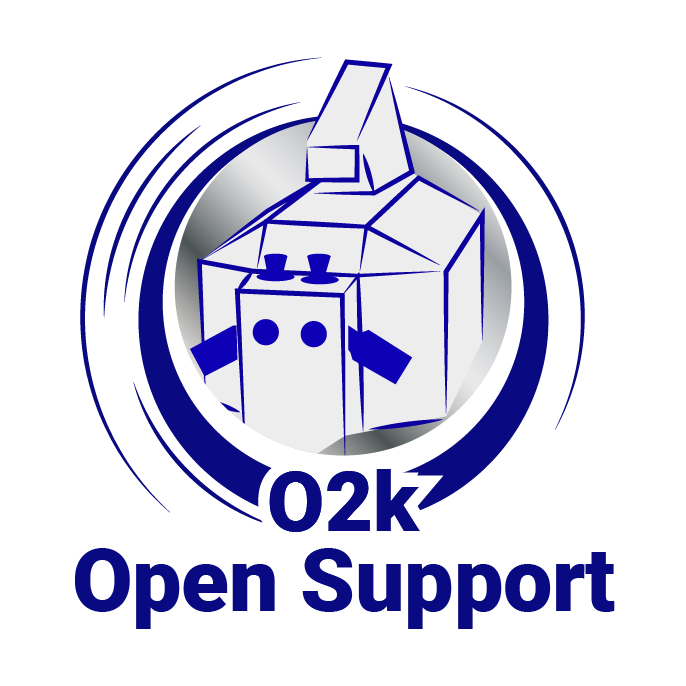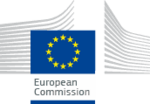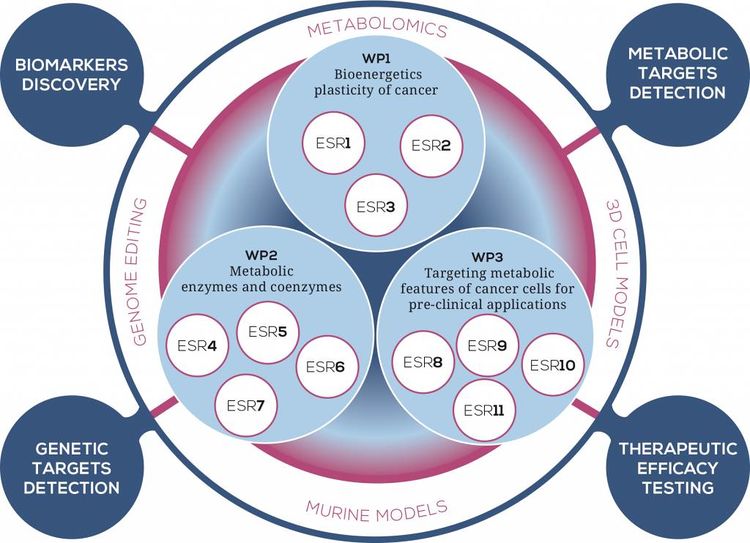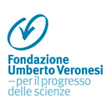TRANSMIT
- TRANSMIT - TRANSlating the role of MItochondria in Tumorigenesis
TRANSMIT Marie Skłodowska-Curie PhD Fellowship with OROBOROS INSTRUMENTS / Medical University Innsbruck
- 11 Phd student positions are open in the TRANSMIT project. OROBOROS offers one PhD position in collaboration with the Medical University of Innsbruck
- Find out more, see: TRANSMIT PhD position
- Application deadline: April 30
- OROBOROS MitoFit Research Laboratory
WP1/ESR2: Cell ergometry and mitochondrial metabolic biomarkers in cancer
- After a brief period of re-emergence of the Warburg effect in oncological research, the underlying concept has been shown to be ineffective for elucidating causal relationships between mitochondrial dysfunction and tumor progression. During metabolic re-programming in many cancers and actively dividing cells mitochondrial respiratory competence is retained with a shift towards biosynthetic functions (Tan AS et al. Cell Metab 21:81-94, 2015). Mitochondrial NADH-linked malic enzyme (ME2) does not only play a key role in glutaminolysis, but its enforced expression suppresses senescence, whereas downregulation of ME2 modulates the outcome of p53 activation, leading to strong induction of senescence but not apoptosis (Jiang P, et al. Nature 493:689-93, 2013). Development, evaluation and application of new respiratory substrate-uncoupler-inhibitor-titration (SUIT) protocols are required to assess the role of ME2, which is allosterically controlled by fumarate, succinate and ATP, in mitochondrial respiratory control in cancer versus benign cells. SUIT protocols are a hallmark of the success of high-resolution respirometry and cell ergometry (Gnaiger E. 4th ed. Mitochondr Physiol Network 19.12, 2014; Pesta, D, Gnaiger E. Methods Mol Biol, 810:25-58, 2012). ESR2 will improve the extension of high-resolution respirometry to MultiSensor analysis for simultaneous evaluation of several mitochondrial functions (e.g. mitochondrial membrane potential, reactive oxygen species production, proton flux in comparison to aerobic lactate production). This approach will contribute to the identification of mitochondrial metabolic biomarkers for characterizing the transformation from benign to cancer cells. ESR2 will therefore develop and test such novel biomarker protocols initially on prostate cancer cells, in comparison with metabolic remodeling of non-cancer epithelial cells. One secondment will extend the study with proteomics and metabolite tracing. Another secondment will aim at a detailed analysis of the respiratory complexes in prostate cancer cells versus non-cancer epithelial cells.
Relevant publications
TRANSMIT Call H2020-MSCA-ITN-2016
Cancer is not only a genetic, but also a metabolic disease
- The consolidation of the knowledge that cancer is not only a genetic, but also a metabolic disease, has led scientists to investigate the intricate metabolic plasticity that transformed cells must undergo to survive the adverse tumor microenvironment conditions, and the contribution of oncogenes and tumor suppressors in shaping metabolism. In this scenario, genetic, biochemical and clinical evidence places mitochondria as key actors in cancer metabolic restructuring, not only because these organelles play a crucial role in energy production and formation of biosynthetic intermediates, but also because occurrence of mutations in both nuclear and mtDNA encoding metabolic enzymes is associated with different types of cancer.
Objectives
- TRANSMIT aims to dissect the metabolic remodeling in human cancers, placing the focus on the role of mitochondria and bridging basic research to the improvement/development of therapeutic strategies.
- TRANSMIT fosters the communication of this emerging field to the patients and their families. Accordingly, TRANSMIT will create a network of seven countries, including world-leading basic science and clinical centers of excellence, several industrial partners with up-to-date technologies, as well as non-profit foundations and associations who care for cancer patients.
- By creating the critical mass of scientific excellence, TRANSMIT will allow to transfer the current knowledge into the wide field of cancer research, translating scientific and technical advances to the education and training of eleven Early Stage Researchers. TRANSMIT will implement training-through-research dedicated to unravel the metabolic features of cancer, as well as to provide a full portfolio of complementary skills through the creation of a network of basic, translational and industrial laboratories, devoted to a multidisciplinary/multisectorial education of young scientists.
- TRANSMIT key methodologies and key objectives: The project is structured in three scientific WPs. For each WP, several ESRs are recruited as indicated below the WP title. Scientific WPs share the key methodologies indicated within the four sectors of the romboid in light grey. The implementation of key methodologies in pairs allows the achievement of the key objectives indicated by the dark grey arrowheads.
Coordinator
- TRANSMIT project coordinator in Bologna:
- TRANSMIT project manager:
- TRANSMIT dissemination assistant:
- OROBOROS project manager:
Project partners
- Alma Mater Studiorum – Università di Bologna - IT (lead partner)
- Universite Catholique de Louvain - BE
- OROBOROS INSTRUMENTS GmbH - AT
- Justus Liebig Universität Giessen - DE
- Gemeinnützige Salzburger Landeskliniken Betriebsgesellschaft - AT
- Karolinska Institutet - SE
- The Chancellor, Masters and Scholars of the University of Cambridge - UK
- Association pour le développement de l'enseignement et des recherches aupres des universities et des enterprises d’aquitaine - FR
- Biocrates Life Sciences AG - AT
- AvantiCell Science Ltd - UK
Further partner organisations
- Official announcement of the Marie-Curie Skłodowska Action TRANSMIT: http://cordis.europa.eu/project/rcn/205395_en.html

